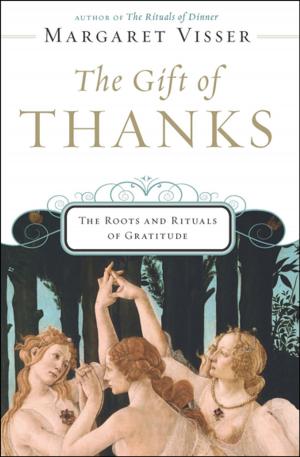| Author: | Alai | ISBN: | 9780547347141 |
| Publisher: | Houghton Mifflin Harcourt | Publication: | May 6, 2003 |
| Imprint: | Mariner Books | Language: | English |
| Author: | Alai |
| ISBN: | 9780547347141 |
| Publisher: | Houghton Mifflin Harcourt |
| Publication: | May 6, 2003 |
| Imprint: | Mariner Books |
| Language: | English |
This suspenseful saga of Tibet during the rise of Chinese Communism “conjures up a faraway world . . . panoramic and intimate at the same time” (Michiko Kakutani, The New York Times).
A lively and cinematic twentieth-century epic, Red Poppies focuses on the extravagant and brutal reign of a clan of Tibetan warlords during the rise of Chinese Communism. The story is wryly narrated by the chieftain’s son, a self-professed “idiot” who reveals the bloody feuds, seductions, secrets, and scheming behind his family’s struggles for power. When the chieftain agrees to grow opium poppies with seeds supplied by the Chinese Nationalists in exchange for modern weapons, he draws Tibet into the opium trade—and unwittingly plants the seeds for a downfall. A “swashbuckling novel,” Red Poppies is at once a political parable and a moving elegy to the lost kingdom of Tibet in all its cruelty, beauty, and romance (The New York Times Book Review).
This suspenseful saga of Tibet during the rise of Chinese Communism “conjures up a faraway world . . . panoramic and intimate at the same time” (Michiko Kakutani, The New York Times).
A lively and cinematic twentieth-century epic, Red Poppies focuses on the extravagant and brutal reign of a clan of Tibetan warlords during the rise of Chinese Communism. The story is wryly narrated by the chieftain’s son, a self-professed “idiot” who reveals the bloody feuds, seductions, secrets, and scheming behind his family’s struggles for power. When the chieftain agrees to grow opium poppies with seeds supplied by the Chinese Nationalists in exchange for modern weapons, he draws Tibet into the opium trade—and unwittingly plants the seeds for a downfall. A “swashbuckling novel,” Red Poppies is at once a political parable and a moving elegy to the lost kingdom of Tibet in all its cruelty, beauty, and romance (The New York Times Book Review).















